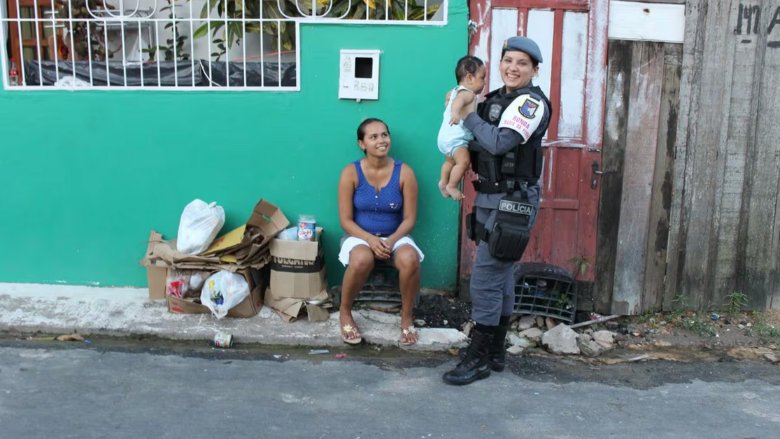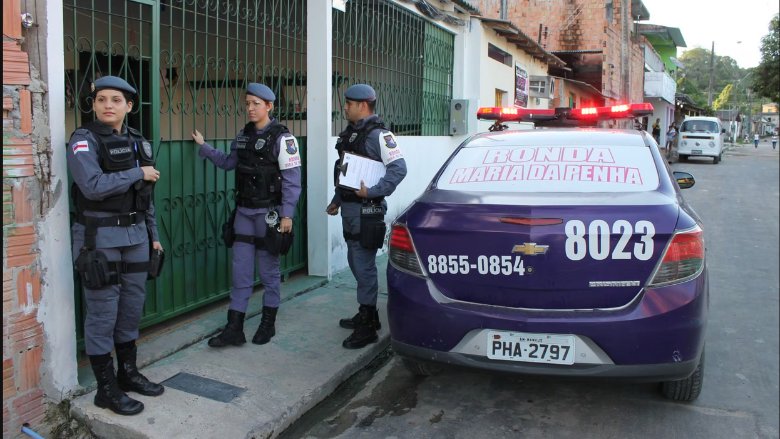We were raised in a mainly male-dominated system. This is how laws were created and in the last century important efforts have been made to achieve true gender equity. Previously, women had no political participation and were imprisoned for having abortions. Today, despite some progress, there are still countries that have a long way to go to protect women, not only for equality, but also to protect their own lives.
And the figures are alarming. According to the United Nations, at least 45,000 women were murdered by their intimate partners or family members worldwide in 2021. In Argentina, for example, data from the Supreme Court of Justice in 2021 determined that a woman was a victim of femicide every 35 hours. In Chile, since 2013, 457 femicides were officially counted, although there were 1,447 frustrated attempts. For its part, in Mexico femicides began to be counted since 2015. Since then, 6,925 victims have been officially registered until September 2023, according to figures from the Executive Secretariat of that country.
Brazil has registered the highest number of femicides per year, with 1,900 victims, according to data from the Economic Commission for Latin America and the Caribbean (ECLAC). In addition, the organization assures that the countries in the region with the highest rates of femicides per 100,000 inhabitants are El Salvador, Honduras, Guatemala, Dominican Republic and Bolivia.
This November 25 commemorates the International Day for the Elimination of Violence Against Women, and until December 10 the 16 Days of Activism Against Gender-Based Violence (GBV) will be celebrated, an opportunity to delve into a problem that affects the growth of Latin America and the Caribbean.
According to data from the Pan American Health Organization (PAHO), one in three women in the region has suffered physical or sexual violence by an intimate partner or family member. The most common types of violence are physical violence, sexual violence and psychological violence. Physical violence refers to the use of force to cause harm to women. Sexual violence refers to any unwanted or forced sexual act. Psychological violence, on the other hand, refers to acts of verbal or emotional aggression that cause harm to women's self-esteem or well-being.
Organizations such as the World Bank recognize this problem as an impediment to women's social and economic development. In its report the organization identifies some actions that have proven to be effective in responding to violence against women.
Among the highlighted actions in the report that have worked in preventing Gender-Based Violence are: economic empowerment of women with cash transfer programs; programs to prevent domestic violence and child abuse; community activism to promote change in patriarchal attitudes and social norms; interventions in schools to prevent sexual violence among youth, as well as activities with sex workers to reduce violence perpetrated by clients, the police or other people.
The to prevent, reduce and respond to Gender-Based Violence with actions ranging from technical assistance, creation of safe spaces, implementation of services for women survivors of violence, creation of shelters, development of action protocols, violence hotlines, and reinforcement of policies against sexual harassment.
In Brazil, the World Bank provided analytical support to federal governments to understand the risk of violence against women in quarantine due to the coronavirus pandemic. The Recovery of Learning Losses from the Covid-19 Pandemic in Brazil Project seeks to identify students at risk of dropping out of school due to teenage pregnancy.
Other projects in the region, such as the National Intersectoral Adolescent Health Strategy for the Prevention or Delay of Parenthood in Nicaragua include training of health workers on the prevention of Gender-Based Violence and good practices for working with adolescents. In Colombia, the project Improving the Quality of Health Services and Efficiency carries out actions for detection, activation of protocols, provision of health services for survivors, rehabilitation and social inclusion.
In Ecuador, the World Bank report, , details direct interventions to prevent this type of violence. In 2016, the program ��Impact of transfers on the reduction of intimate partner violence (IPV)��, was developed with Colombian and Ecuadorian refugee women living in poverty, achieving a 6 % to 7 % reduction in IPV. Another project in collaboration with ��Economists Without Borders�� included women in solidarity and intercultural economic circuits, which contributed to the advancement of the exercise of their economic rights and empowerment in different aspects of their lives.
This type of project reflects the intention to intervene in the prevention of and response to Gender-Based Violence. Supporting legislative and policy reforms on this issue, as well as legal protection for survivors and strengthening penalties for aggressors, is a necessary step to begin changing harmful social norms that lead to violence in Latin American and Caribbean homes.



